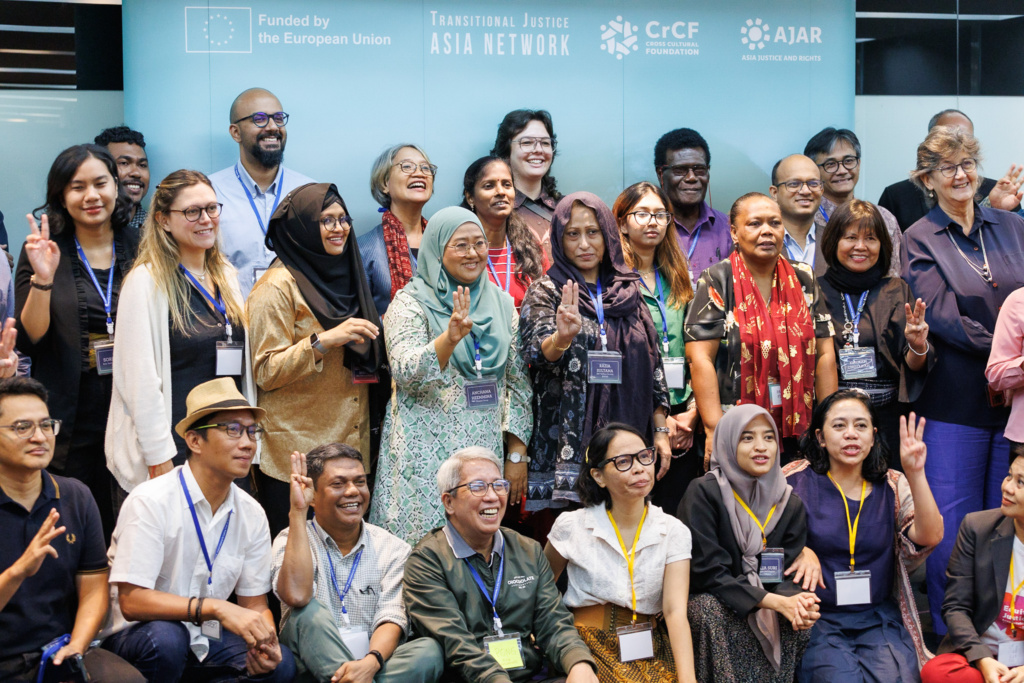
About us
Background
Transitional justice mechanisms are integral to peacebuilding by tackling the root causes of conflicts, bolstering state legitimacy, and fostering trust between adversaries. Effective implementation demands political will, a commitment to prevent human rights abuses, and consensus among conflicting parties. Sustainable peace hinges on genuine institutional reform and cultural transformation rather than top-down strategies.
Effective implementation demands political will, a commitment to prevent human rights abuses, and consensus among conflicting parties. Sustainable peace hinges on genuine institutional reform and cultural transformation rather than top-down strategies.
Historically, transitional justice and peacebuilding evolved in parallel, emerging as distinct yet interconnected fields. Practitioners gained expertise in post-conflict scenarios, evolving from ad hoc responses to more systematic and strategic methodologies since the 1990s. Despite operating in similar contexts, the fields often operate independently due to tensions or insufficient coordination, limiting their synergistic potential.
Ensuring peace through transitional justice requires empowering civil society and victims’ groups. In countries like Indonesia, Timor-Leste, Thailand, and the Solomon Islands, extensive multi-year efforts have included truth commissions and judicial processes to investigate rights abuses, provide reparations, and prevent future atrocities. However, challenges such as corruption, low education levels, and cultural complexities necessitate tailored approaches.
To fulfil transitional justice’s promise of “never again,” sustained efforts must move beyond mere documentation. They must catalyse national movements advocating for justice, truth, victim rights, and structural reforms. By empowering local communities and ensuring their ownership of transitional justice outcomes, initiatives can transform findings into catalysts for lasting peace and accountability.
In Indonesia, the establishment of the Truth and Reconciliation Commission in Aceh signifies progress towards addressing the legacy of mass human rights violations. However, challenges persist due to limited government support. In Timor-Leste, despite comprehensive transitional justice mechanisms, challenges remain in addressing gender-based violence and ensuring sustainable peace. In Thailand, ongoing conflict in the southern region underscores the need for accountability measures and institutional reforms to prevent recurrence. In the Solomon Islands, efforts to implement transitional justice measures, including a Truth and Reconciliation Commission, face obstacles in providing effective reparations and addressing inter-ethnic tensions.
Goal
Strengthen accountability for mass human rights violations by empowering and linking survivors and civil society groups to build social movements for non-recurrence, peace, and reform in Indonesia, Timor-Leste, Thailand, and the Solomon Islands.
Objectives
Victims, their families and victim groups increase their capacity to sustain movements for accountability and peace
Civil society develops effective advocacy strategies to address the root causes of conflict as identified by the findings and recommendations of transitional justice mechanisms
Key government agencies and human rights bodies improve understanding and commitment to accountability and institutional reform to prevent human rights violations and repetition of violence and discrimination